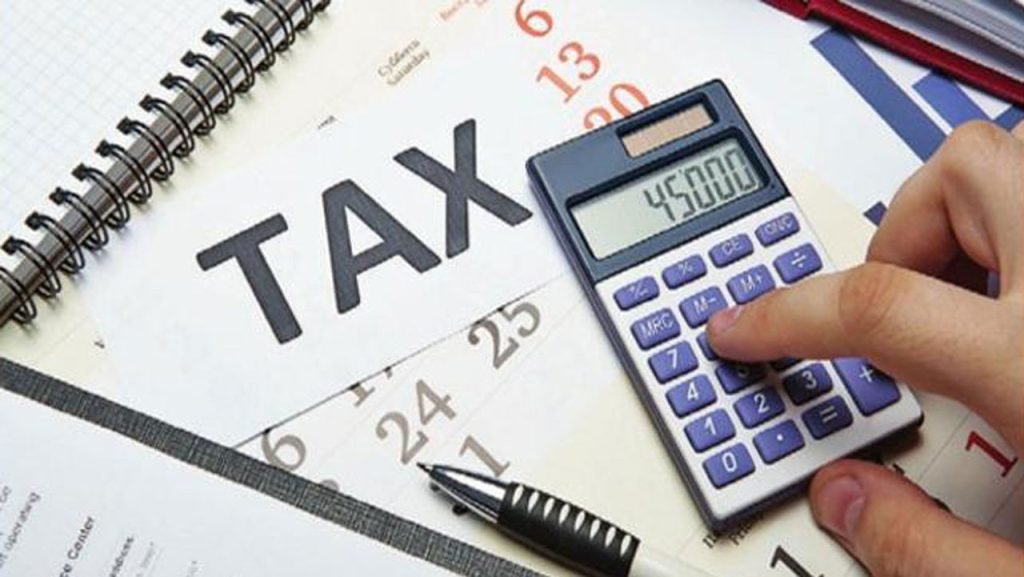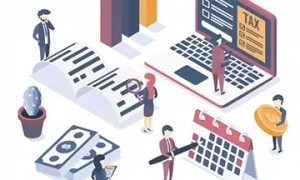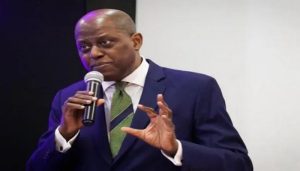
By David Akinmola
The Chartered Institute of Taxation of Nigeria (CITN) has raised the alarm over the increasing rate of tax revenue leakages in the digital economy.
The institute said despite the advantages linked to the expansion of the digital economy, challenges arising from tax implications of the digital economy are perhaps the most urgent that bedevil revenue authorities, policymakers, international organisations, and tax professionals.
President and Chairman of Council, CITN, Adesina Adedayo, revealed this during the institute’s 47th induction ceremony, where over 800 persons were inducted as members of the institute.
Noting that tax administration in Nigeria remained unclear on the most effective and efficient way to tax the digital economy, he said the challenges arising from technological advancement and intricate business models continue to mount; thus, increasing the likelihood of tax revenue leakages.
He mentioned efforts made by international and regional bodies to address the issues.
According to him, some of the efforts include the United Nations Guidelines on Transfer Pricing, efforts to regulate Base Erosion and Profit Shifting through the BEPS projects, OECD Transfer Pricing Guidelines, and ATAF guidelines on intangibles among other unilateral and bilateral efforts.
To this end, he said it behooves them as tax professionals, who are the “Hope of the nation” to constantly engage and contribute meaningfully to the Country Impact Assessment of the OECD tax deal in Nigeria.
“To do this effectively, I implore you to constantly upskill your knowledge on global trends in taxation,” he said.
In his keynote address, Executive Chairman, of Bayelsa State Board of Internal Revenue, Nimibofa Ayawei, said over-independence on Federation Account Allocations Committee (FAAC) allocation for financing states’ budgets was detrimental to the state’s development.
He expressed that it becomes more worrisome when states’ Internally Generated Revenue (IGR) is not able to meet their recurrent and capital expenditures.
Stating that enhancing and sustaining IGR had continued to be a major task for state governments, he said there was a need to bridge the gap between revenue resources and budgetary needs to boost IGR levels.
While he explored some ways states could improve on their IGR collections, he charged States Internal Revenue Service (SIRS) to be up and doing to improve their collections.








